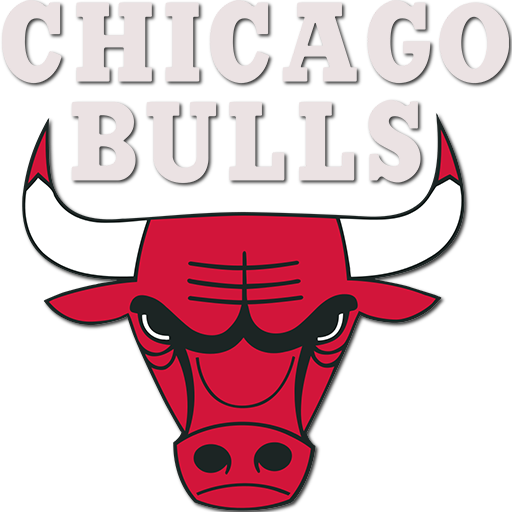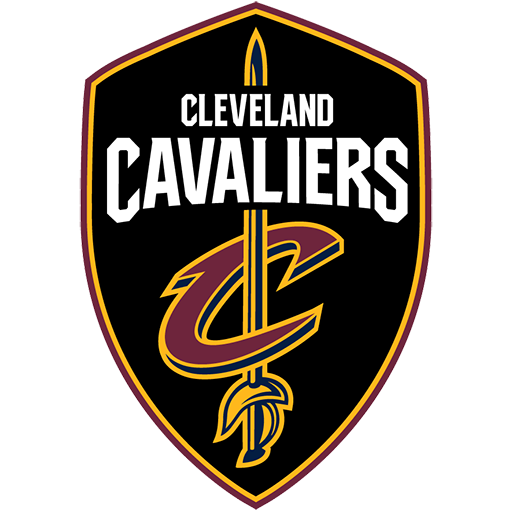So… signing Josh Giddey to a reported $150 million contract wasn't the Chicago Bulls' first major transaction following the conclusion of the NBA Draft. Two days before the beginning of NBA free agency, ESPN's Shams Charania reported that the Bulls have agreed to send Lonzo Ball to the Cleveland Cavaliers in exchange for Isaac Okoro.
Chicago has clearly prioritized wing depth after rostering a glut of guards a season ago. Since the regular season ended, the Bulls have drafted forwards Noa Essengue and Lachlan Olbrich, and have now acquired Okoro in exchange for Ball.
Throughout 2024-25, especially before Matas Buzelis became a full-time starter, Billy Donovan would routinely trot out four guards alongside center Nikola Vucevic. The results of the four-guard lineups left much to be desired, as Chicago fielded the 27th-best defensive rating in the NBA prior to the trade deadline.
Bulls thin out guard unit, emphasizing wing defense
Infusing an explosive offense with defensive reinforcements has been the theme of the abbreviated offseason thus far. Not to say Ball is a subpar defender, he's one of the Bulls' best on the less glamorous end of the floor. Yet, it's impractical to rely on Ball short- and even long-term.
 Chicago Bulls
Chicago Bulls Cleveland Cavaliers
Cleveland CavaliersThe Cavaliers are taking a minor gamble on Ball, who appeared in merely 35 games a season ago after returning from a two-and-a-half-year absence. The 6-foot-6 playmaker suffered a torn meniscus back in January 2022. Numerous complications arose following the expectedly simple procedure. Ball later underwent an arthroscopic procedure followed by a rare cartilage transplant.
The former second-overall pick played in three of the Bulls' first four games before suffering a wrist sprain that held him out of the lineup for nearly a month. After consistent appearances from late November to the end of February, Ball experienced another wrist sprain, ultimately ending his season.
Grading the trade for the Cleveland Cavaliers
Trading for Ball comes with injury risk, there's no doubt about it. As mentioned, Ball missed two full seasons before appearing in less than half the Bulls' games last season. However, he wasn't a poster boy for health prior to the fateful meniscus tear in 2022 either.
Ball appeared in 52, 47, 63, and 55 games before being traded to Chicago. It's unfortunate, but Ball has managed to make merely 287 appearances since he was drafted in 2017. For instance, Coby White has appeared in 288 contests over the last four seasons.
Still, regardless of the heightened injury risk, Ball is a terrific addition. He fits on every roster in the NBA due to his combination of spot-up shooting, playmaking, and defensive versatility. At 6-foot-6, Ball can play and defend up to three positions.
Although he's not the floor general he once was upon being drafted, he's a connective passer with a brilliant basketball IQ. In Cleveland, Ball could seamlessly fit next to both Darius Garland and Donovan Mitchell while running the reserve offense in a pinch. With Ty Jerome hitting the open market, Ball is a worthwhile, cost-effective replacement.
Cleveland will owe Ball $10 million next season before deciding whether to pick up his team option a year later. Okoro is owed $1 million more than Ball next season. However, he's on the books for an additional, guaranteed season at $11.8 million in 2026-27, unlike Ball.
Getting off Okoro's guaranteed salary in 2026-27 is crucial for the Cavs, who will owe Garland, Mitchell, and Evan Mobley $142 million alone that season. Furthermore, with the additions of Jaylon Tyson and De'Andre Hunter over the past year, Okoro's services are no longer a necessity in Cleveland.
Cleveland Cavaliers Grade
Grading the trade for the Chicago Bulls
Like Okoro in Cleveland, Ball is more of a luxury in Chicago. The Bulls already have White, Ayo Dosunmu, Dalen Terry, Jevon Carter, Kevin Huerter and the soon-to-be extended Giddey in the rotation. After rostering only Buzelis, Julian Phillips, Talen Horton-Tucker, and Patrick Williams on the wing a year ago, the Bulls' forward unit is completely revamped.
Jettisoning Ball won't make too much of a difference for the Bulls' rotation, considering his lack of floor time. Nonetheless, he's an integral part of any locker room and a well-respected player in the league. Ball is a difference-maker anytime he's on the court.
Okoro doesn't offer the same impact as Ball, but it's not far off. He's a career 8.1-point-per-game scorer who's turned into a reliable three-point marksman over the last couple of seasons. Yet, he's seen almost an inverse developmental arc, enjoying career highs in scoring and usage rate in his rookie campaign and career lows a season ago.
Since being drafted fifth overall in 2020, coincidentally one spot after the Bulls selected Williams, Okoro has underwhelmed. His defense has been consistent, but Okoro has been relegated to a spot-up duty and an opportunistic scorer on offense.
Chicago will offer Okoro a slightly expanded role. The Bulls have their own ball-dominant backcourt duo in Giddey and White, but the former is more of a pass-first guard than anything, while White hasn't seen much offensive freedom either until the latter half of last season.
There's an avenue for Okoro to start in the Windy City. Giddey, White, Buzelis, and Vucevic (for now) are locked into the starting lineup. The recently drafted Essengue will earn a look, but at 18 years old, he's likely a rotation player for a season or two. That leaves Okoro, Williams, and Huerter.
Okoro and Williams bring the most defensive juice, and Huerter is the ideal tertiary sniper. Nonetheless, Okoro is the best defender of the three and perhaps a similarly reliable shooter to Williams, albeit on a lesser volume.
This trade is tricky to grade for the Bulls. Ball is the better player, but he's three years older and far less reliable. The "why didn't you trade him for a first-round pick" crowd will certainly ridicule this swap. However, it's unknown whether such a trade would have come to fruition.
-1753689763-q80.webp)
-1751851576-q80.webp)
-1749393042-q80.webp)
-1752408125-q80.webp)